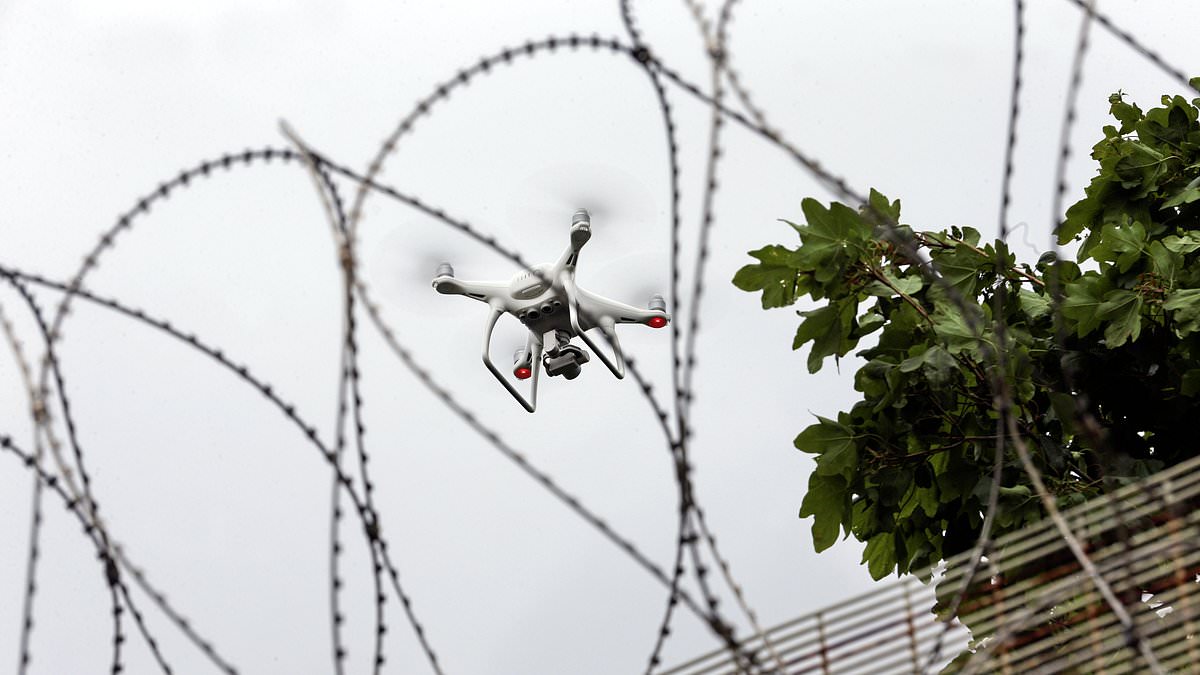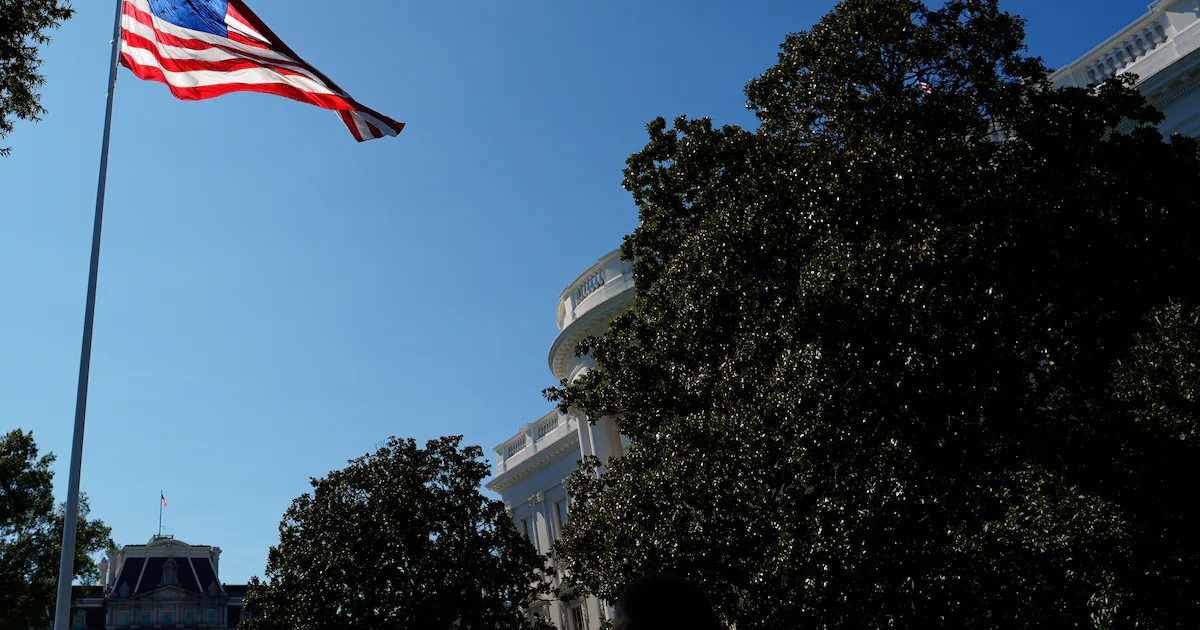Copyright dailymail

The Government is offering £60,000 to tech whizzes who can devise a new method for keeping drones out of prisons. The number of incidents at prisons involving drones skyrocketed by over 770 per cent between 2019 and 2023, with the devices increasingly used by gangs to smuggle drugs and phones. Drones are now so effective they can carry loads of up to 240kg, prompting fears they could be used to carry escaping inmates over prison walls. Prisons minister Lord Timpson said the Counter-Drone Challenge aimed to identify 'cutting-edge solutions' to detect drones designed by criminals to evade the current detection methods available on the market. Successful applicants will receive £60,000 funding to develop proof-of-concept systems over a 12-week period. They must be 'simple to use and legally compliant'. Lord Timpson, said: 'We have taken decisive action to combat the scourge of drones in prisons - investing heavily in physical security and cutting-edge technology. 'This challenge will help us harness innovation to keep staff safe, disrupt criminal networks and support prisoner rehabilitation.' Technology is already available that can detect drones within a 50 metre radius of a prison's outer walls and activate a forcefield to block signals between the drone and the operator. The system, called SkyFence, was installed at Les Nicolles prison on Guernsey in 2017. It does not have an affect on nearby Wi-Fi or mobile phone signals from anyone walking close to the prison. Drones can also be stopped by more basic methods like netting or adding barriers to cell windows. Numerous inspections have revealed prisons that still do not have basic window guards despite having a problem with drones. Last week, MPs called for drone-jamming technology like SkyFence to be urgently rolled out at prisons. The Commons justice select committee found that the Prison Service's ability to maintain control is being 'critically undermined by the scale of the trade and use of illicit drugs'. It called for all Category A prisons to be given anti-drone technology within two years. The report said: 'All high-risk prisons should be put in a position to deploy comprehensive anti-drone technology and implement upgraded physical security measures, such as windows, within 24 months. 'The MoJ must adopt the SkyFence system, or equivalent signal disruption technology, across the prison estate as a matter of urgency.' Drones are becoming increasingly sophisticated and capable of lifting heavier loads. Staff at HMP Wandsworth in south London recovered one drone worth £6,000, which had a flight time of 40 minutes and the ability to hold four 60kg loads at once. Charlie Taylor, HM chief inspector of prisons, has warned that drones could be used to lift inmates over prison walls or bring in guns and explosives. Earlier this year, he warned prison bosses had effectively 'ceded the airspace' over HMP Manchester and HMP Long Lartin to 'organised crime gangs'. He added: 'The safety of staff, prisoners and ultimately that of the public, is seriously compromised by the failure to tackle what has become a threat to national security. 'It is highly alarming that the police and Prison Service have, in effect, ceded the airspace above two high-security prisons to organised crime gangs, which are able to deliver contraband to jails holding extremely dangerous prisoners including some who have been designated as high-risk Category A. 'It is chilling that weapons can be delivered in this way – especially when some of these wings hold terrorists.' Last month, two criminals were jailed for nearly 10 years for smuggling up to £300,000 of drugs into prisons using drones. In the space of less than a year, Curtis Carney, 36, and his accomplice Robert Stoba, 26, attempted 50 drops with the devices, over six different prisons across the North West of England. The pair groomed vulnerable women into their crimes, using them to store the drugs and to drive them to the jails, so as not to arouse suspicion. But they were caught following an investigation by specialist detectives from the North West Regional Organised Crime Unit (NWROCU), who stopped ringleader Carney on the M6 in Lancashire in June last year. Moments before pulling onto the hard shoulder, Carney hurled a large package – which was wrapped in grass to camouflage it - from the car. Officers found it on the motorway embankment and discovered drugs and mobile phones inside. A drone was also discovered inside the boot of his VW Polo. Carney was jailed for eight years and Stoba for 22 months.



